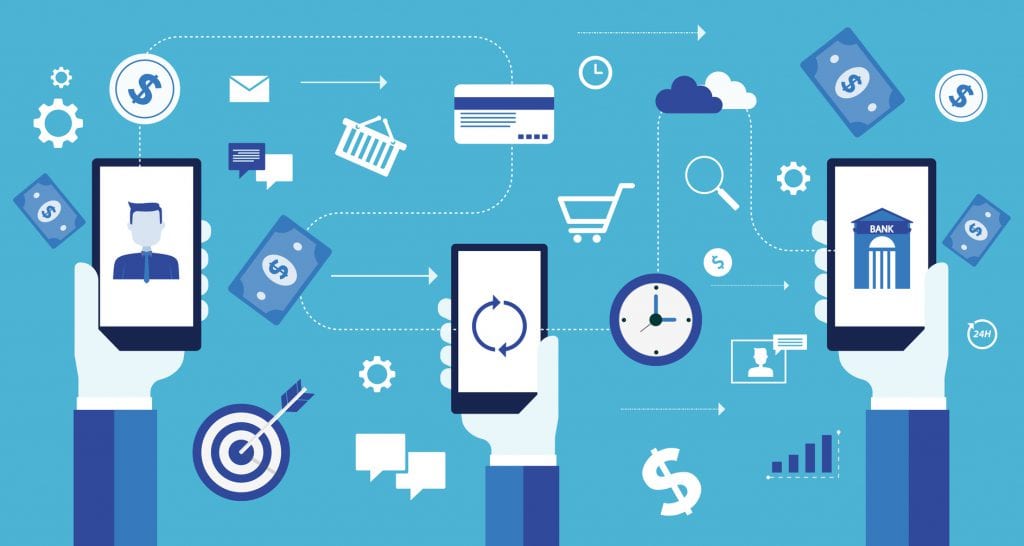The cottage industry created by the DurbinAmendment is preparing to move into brand new offices as theregulation that has taken so much air out of the payments marketputs the finishing touches on its inaugural season. One thing wecan be sure of is that the debit industry has been irreparablychanged, but little else is clear. Questions swirl around theimpact of this legislation and will continue to do so for at leastthe extent of the upcoming holiday season. Depending on where onesits on the value chain, the opinions vary from “move on” to “fighton.. The Durbin Amendment is shaping up to be a perennial scapegoatfor all sorts of woes including higher costs for consumer, banks,and even merchants (the small ticket pinch).
Witness yesterday’s announcement from Bank of America that theywill be instituting a $5 debit card fee in January, which kickedoff a firestorm of press coverage. What will consumers do if aboutthese new fees is the question of the day. Exit their bankingrelationship? Turn to use cash or credit cards? Find a bank orcredit union that offers free checking accounts? Use prepaid cards?The answer is – all of the above. The larger question is what kindof account shift is going to take place in the market?
Premium accountholders -those generating fee income from highbalances, multiple account relationships, loans, credit card use,etc. -can have their fees waived. The rest of the segments arewhere the major realignment is going to take place. Pieces of thismarket will be shaved off among banks, credit unions, AFSproviders, and emerging depository or prepaid account forms. Theproblem for the market is that this group represents less overallprofit, which does not bode well for the almost 15,000 traditionalfinancial institutions in the United States. Unless borrowing comesback soon, we will see more of these organizations merge or perhapsclose all together. An example is IBC Bank in Texas. The bankdecided to simply shutter a group of their branches due to theunsustainablity of the retail depository market.
In the meantime, innovators in the electronic payments are lookingahead to a future without cards. The track has inevitably led backto the beginning of a development cycle that will end sometime inthe future with consumers fully embracing card-less transactions.But, there is still a long way to go, so in the meantime we willcontinue to use our debit cards, write fewer checks, and buy moreonline and via our smartphones and tablets. And in the background,funding those transactions, will be money in an account -somewhere.
